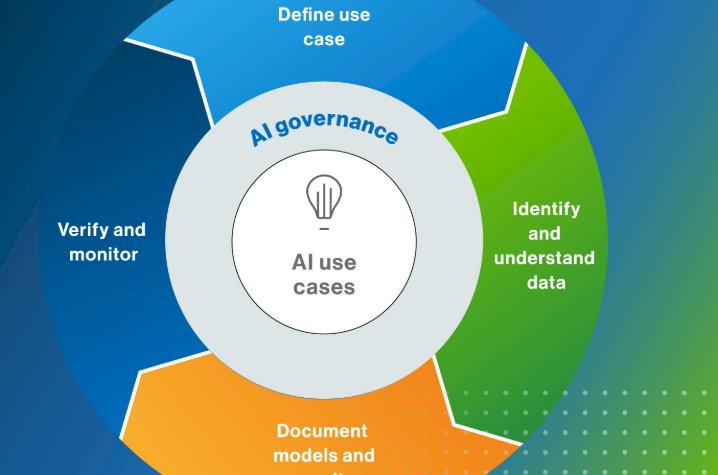Why AI Governance Is a Business Imperative for Scaling Enterprise Artificial Intelligence

As artificial intelligence (AI) continues to permeate enterprise operations, it’s reshaping how businesses innovate, operate, and compete. While the benefits of AI are immense—ranging from automation to enhanced decision-making—the risks associated with its deployment, such as biases, security vulnerabilities, and ethical concerns, cannot be overlooked. AI governance has emerged as a critical framework to ensure that AI systems are not only effective but also fair, secure, and scalable.
This blog explores why AI governance is essential for enterprises aiming to scale AI initiatives responsibly and effectively.
What Is AI Governance?
AI governance refers to the frameworks, policies, and practices that organizations establish to manage the development, deployment, and oversight of AI systems. It ensures that AI is aligned with ethical standards, regulatory requirements, and business objectives.
Key components of AI governance include:
- Ethical AI: Ensuring fairness, transparency, and accountability.
- Data Security: Protecting sensitive data used in AI training and operations.
- Regulatory Compliance: Adhering to legal standards like GDPR, CCPA, and emerging AI-specific regulations.
- Risk Management: Identifying and mitigating risks in AI models and operations.
Conclusion
AI governance is not just a compliance checkbox—it’s a strategic necessity for enterprises aiming to scale AI responsibly and sustainably. By adopting robust governance frameworks, businesses can unlock the full potential of AI while safeguarding against ethical, legal, and operational risks. In an era where AI drives competitive advantage, governance is the foundation of trust, innovation, and long-term success.




















